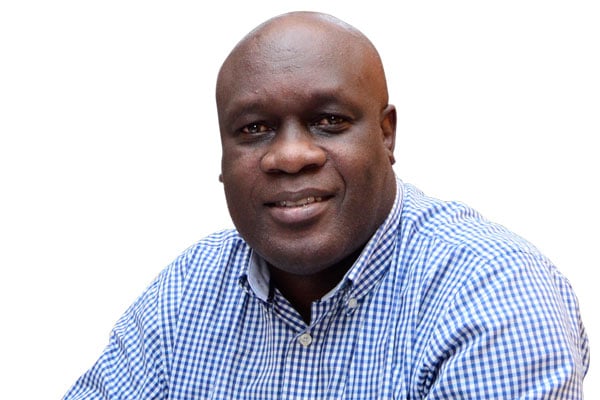Is forecasting weather a domain of the men?

Odoobo C. Bichachi
What you need to know:
...I do believe useful lessons have been picked from the issues you raise
My column this week returns to an interactive format in which I directly respond to some of the feedback shared by our readers. Here we go:
*****
Atujune Dragan: Refer to your story, “Weatherman warns of heavy rains this month” (Daily Monitor, August 3). Note the following phrases in the story: “Weatherman warns…”, “The weatherman warned…”, “The weatherman’s report…”
The language used in this article perpetuates prejudices against women while privileging the men. It is sexist language and reflects influences, attitudes, perceptions and behaviour. It could have been avoided because the article was citing an authority, not individual; the Meteorological authority! There are also gender-neutral terms – weather reporter/forecaster or meteorologist.
The links to similar [Daily Monitor] articles also contain the same mistakes!
Public Editor: The NMG Editorial Policy Guidelines do not provide for or prohibit specific terms deemed to be or not to be gender neutral. However, the policy guides that editors avoid use of judgmental language or language that perpetuates stereotypes – be it social, political, ethnic or religious.
In this case, there could have been more sensitivity to language that paints the science of forecasting or explaining weather as a male affair! Gender neutral language is something newsrooms all over the world have to be deliberate about and it shall not come easy. Journalists will continue to learn at every turn and I do believe useful lessons have been picked from the issues you raise about this particular story to inform future reporting.
*****
Mwabu Martin: I am a regular reader of The East African. I usually find quite a number of spelling errors and other mistakes but I have been wondering where to share the feedback. My question therefore is; to whom should I report errors I find in The East African?
Public Editor: Thank you for your loyalty to The East African newspaper. Please feel free to share your feedback or errors on content with the public editor of NMG-Uganda in the email at the end of this article. You may also share with the public editor in Nairobi on email: [email protected]
*****
Eugene Nkore: I read your Saturday Monitor story of August 13 about the “churn rate” of PPU/PGB/SFC commanders. Without mentioning Maj Gen Geoffrey Muheesi, the story is incomplete. Please note that Maj Gen Muheesi was the longest serving commander of the unit. Perhaps because he did not fit in the theme of the headline, “high churn rate”, he was excluded! He is the exception to the rule, the more reason for mentioning him.
Public Editor: Thank you for this feedback. Clearly this was an omission. I have brought it to the attention of the editors so that at the very least, the online article is updated to give completion to the story.
*****
W. Kayondo: When will Daily Monitor get its act together? I am sick and tired of apologies over grammatical and typographical errors. Please crack the whip by docking the pay of errant writers. Strengthen the proof reading section.
We cannot continue having simple fact/spell checkable mistakes; or you want to teach your readers “that it is acceptable to err”. Examples abound:
1. Asuman Bisiika’s July 30th article. “And it downed on me.” The correct word is “dawned”
2. The 30th July 2022 headline: “World Bank report dooms merging electricity bodies”. What an awkward heading! Doom means ill-fated and has no plural.
Public Editor: Thank you for your feedback. When our quality control systems fail, our readers are right to be indignant, especially when the errors are basic. This feedback has been shared with the editors.
*****
Kahunga Matsiko: Refer to the story, “Masaka Diocese gets new deaconry, parish” (Sunday Monitor, August 07). Please note that deanery and deaconry are not synonymous. “Deaneries” are in the Catholic Church while “Deaconries” are in the Anglican Church.
Public Editor: Thank you for this feedback. Yes it is important that editors pay attention to the small idiosyncrasies, particularly with religion. This has been shared with the editors so the online article can be edited and updated accordingly.
Send your feedback/complaints to [email protected] or call/text on +256 776 500725.



